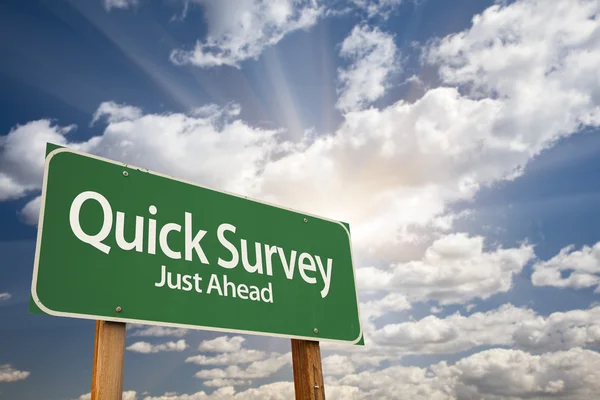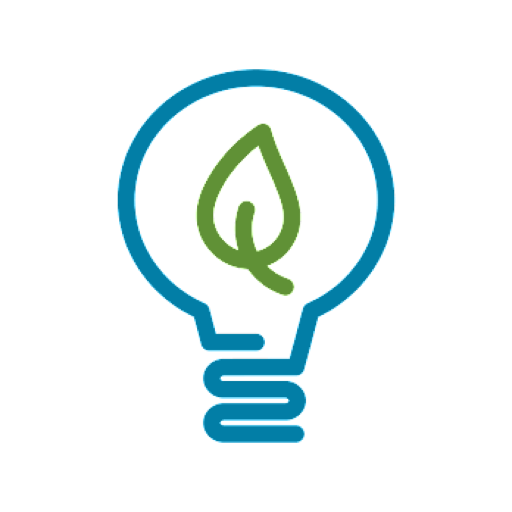Background on Phase II Municipalization Survey
**NOTE: The city’s survey is now CLOSED for responses. Thank you so much for your interest! Updates coming soon**
(jump straight to the city’s survey or scroll down to the ‘City Survey’ section below to see our opinion)
What is Public Power?
‘Public Power,’ ‘Publicly-Owned Electric Utility,’ and ‘Municipal Electricity’ are all terms you might hear to refer to when a city owns and governs a public utility that is in charge of distributing electricity.
Publicly-owned electric utilities are common throughout the country–there are already about 2,000. More commonly, however, a city’s electricity is distributed by a private company: this is the case in Ann Arbor with DTE.
In understanding how a publicly-owned municipal utility (‘muni’) might look in Ann Arbor, you might consider how we get our water! The Ann Arbor Water Services utility is an example of a publicly-owned utility most of us are already familiar with. There is good reason to believe that we are better off with our water being publicly-owned.
Across the country, publicly-owned electric utilities distribute less expensive, more reliable electricity that is on average 40% non-carbon-emitting, according to the American Public Power Association.
Background
We at Ann Arbor for Public Power (A2P2) have been advocating for the city to ‘municipalize,’ to unplug from DTE and form a public electric utility, since 2020. If and when we do so, it will be our choice what electricity we buy from the grid–our goal is to source 100% renewable energy.
Since July 2021, when the Ann Arbor Energy Commission first considered a resolution for a municipalization ‘feasibility study,’ A2P2 and city staff have been considering the municipalization option and its promise of a cleaner, more reliable electricity supply. In September 2023, consulting firm 5Lakes Energy delivered its report, “City of Ann Arbor 100% Renewable Energy Options Analysis.” Among its conclusions was the following: “We suggest that the City authorize a Phase 2 Feasibility Study to characterize more precisely the costs and risks of the [Municipal Electric Utility] approach.”
In May 2024, Ann Arbor City Council approved funding for the Phase 2 Feasibility Study. The city’s Office of Sustainability and Innovation is currently drafting a Request for Proposal (RFP) in order to secure a contractor to complete this study.
Phase Two Feasibility Study
Phase Two Feasibility Studies are typically done both to inform the public about the costs of municipalization and to prepare for a formal legal process, should the public decide to proceed. As such, the main objective of this Phase Two study should be to arrive at a technically sound and legally defensible valuation of the acquisition of DTE’s local distribution assets. The acquisition cost will certainly include the infrastructure itself, but may also include more intangible costs, including ‘stranded costs’ and ‘going concern.’ The bottom line is that the Phase Two Feasibility Study needs to arrive at a single, well-informed value, so that the public is empowered with a realistic understanding of our choice, and the city is prepared to make its legal case for buying out DTE.

The City Survey
Ann Arbor City Government recently sent out a survey (link below) about what people would like to see in the coming Phase Two Feasibility Study. Anyone can fill it out, and submissions will be accepted until June 28th at noon.
No matter your opinion, we encourage you to submit feedback! There are two substantive questions in the survey. The first question asks if there is anything else the survey respondent would like to see included in the Phase Two Feasibility Study besides the valuation. The view of A2P2 is that the valuation is the main thing, but must be done right. It’s crucial that the Feasibility Study conclude with a single number, rather than a range of possible values.
The second question asks what more the survey respondent would like to know in order to decide whether Ann Arbor should municipalize. Some possible answers: ‘How much ability would we have to choose renewable energy?’; ‘To what extent could the municipal electric utility reinvest any surpluses into the grid to improve reliability?’; ‘How would the city finance both the acquisition and the grid upgrades?’; ‘What will my rates look like in five, ten and twenty years, with DTE and with a muni?’
Please contact us at AnnArborPublicPower@gmail.com if you have questions! See the survey linked below.
Request for Public Comment – Phase II Municipalization Study
